Medications are a part of everyday life for many of us—they can help make us more comfortable, treat chronic conditions and even save our lives. But they’re also something that shouldn’t be left sitting around where they can be accidentally or intentionally misused. The Food & Drug Administration (FDA) recommends removing expired, unwanted and unused medications from your home as quickly as possible. There’s been a bit of confusion, however, on the best way of disposing of medications.
Best Option—Take-back Programs
The hands-down best option for disposing of medications that are no longer being used in your home is a take-back program. There are two types of take-back programs: periodic events and permanent collection sites. Periodic events are temporary collection sites that are available at certain times a year. To find out about these special collections, contact your local health department. Permanent collection sites include some retail, hospital or clinic pharmacies and certain law enforcement facilities. These sites collect medications during open hours. A list of take-back locations in your area can be found here.
Household Trash
If no take-back option is available, you can dispose of most medications in household trash. Both the FDA and the Drug Enforcement Agency (DEA) recommend taking the following steps before throwing away medication:
- Mix medication (without crushing pills or tablets) with an unappealing substance, such as dirt, cat litter or used coffee grounds. This will make it less desirable to anyone who may find it in the trash and accidentally or intentionally ingest it.
- Place the mixture in sealed container, such as a plastic bag, to prevent the drug from leaking or spilling out.
- Put the container in the trash.
Flushing
According to the FDA and DEA, some medications, including powerful narcotics pain medications and other controlled substances, should be immediately flushed down the toilet if a take-back option is not immediately available. Often, you will find medication disposal instructions in the package insert. You can also visit this site for a list.
While flushing medication is not ideal, it is recommended by both the FDA and DEA for these substances because the risk of harm from accidental exposure to these drugs far outweighs any potential risk to humans or the environment from flushing them. That said, a take-back program should be used instead whenever practical.
And once you’ve disposed of the medication in one of these ways, your original plastic medication bottles can be put in your recycling collection. Just be sure to obscure your personal information using a marker or remove the label first.
If you want to know more about medication disposal, visit the FDA website.
Related Resources
